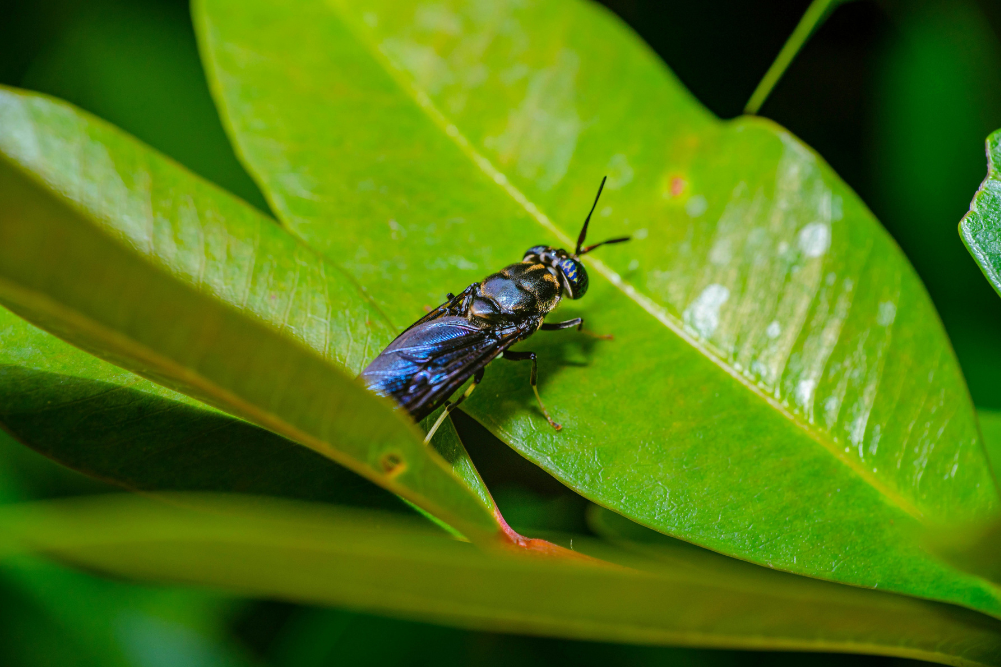Green Beat
All the latest in environmental issues – Green Solutions Through Science
App detects microplastics from common products
Microplastics and nanoplastics are increasingly found in our food, water and air due to the degradation of plastic materials such as water bottles, bags, utensils and takeaway containers. Nanoplastics are especially concerning because their small size and large surface area allow them to absorb toxins and penetrate biological barriers, presenting significant threats to food systems, ecosystems and human health. Researchers at The University of British Columbia have developed a low-cost portable tool for detecting plastic particles from everyday sources. Unlike traditional methods that are expensive and require specialised equipment, this new tool, paired with a smartphone app, uses fluorescent labelling and requires less than a drop of water to detect minute plastic particles. Dr Tianxi Yang, the lead developer of the tool, says this new technique enables rapid and affordable detection of plastics, offering one of many green solutions through science to tackle plastic pollution.
Source: New Foods News
Changing eating habits could help cut greenhouse gas emissions
A study reveals that adopting plant-based diets could reduce global food supply-chain greenhouse gas emissions by 17 per cent. The 56.9 per cent of the global population that over-consumes could reduce 32.4 per cent of emissions. This could happen by switching to the planetary health diet proposed by the EAT-Lancet Commission. The shift would counterbalance a 15.4 per cent increase in emissions from the 43.1 per cent of the population. These individuals are currently under-consuming and would produce more emissions by adopting healthier diets. The study shows that in affluent countries, higher consumer spending leads to more dietary emissions. This increase comes from higher red meat and dairy intake. Dr Yuli Shan from the University of Birmingham notes that reducing the over-consumption of high-emission animal products, such as beef, would help. This is particularly relevant in countries like Australia and the US. Such reductions could provide significant health and climate benefits. To encourage dietary changes, the researchers recommend carbon pricing, eco-labelling, and increasing the availability of low-emission foods. They also suggest promoting vegetarian food options to reduce emissions further.
Source: Nature Climate Change
Genetically engineered flies
A team from Macquarie University proposes using genetically engineered black soldier flies to tackle global pollution and provide valuable raw materials for industries, including the animal feed market. Their study envisions these engineered flies transforming waste management and sustainable biomanufacturing. Currently, 40–70 per cent of global organic waste ends up in landfills, contributing about 5 per cent of annual greenhouse gas emissions. While organic by-products from sewage treatment could replace synthetic fertilisers, concerns about toxic “forever chemicals” such as PFAS persist. In developing countries, open dumping of organic waste contaminates water, attracts pests, spreads disease and harms habitats. The flies, which already help manage waste by converting it into biomass for pet and livestock food, could be genetically enhanced to produce improved animal feeds and valuable industrial enzymes for livestock, textiles, food and pharmaceuticals. This cutting-edge approach represents yet another example of green solutions through science aimed at tackling global waste and pollution issues.
Source: Communications Biology








